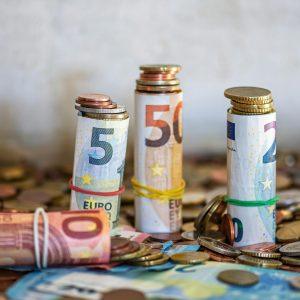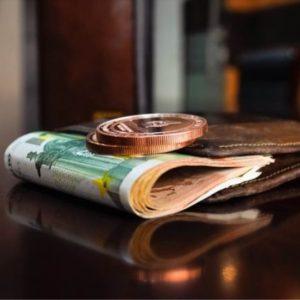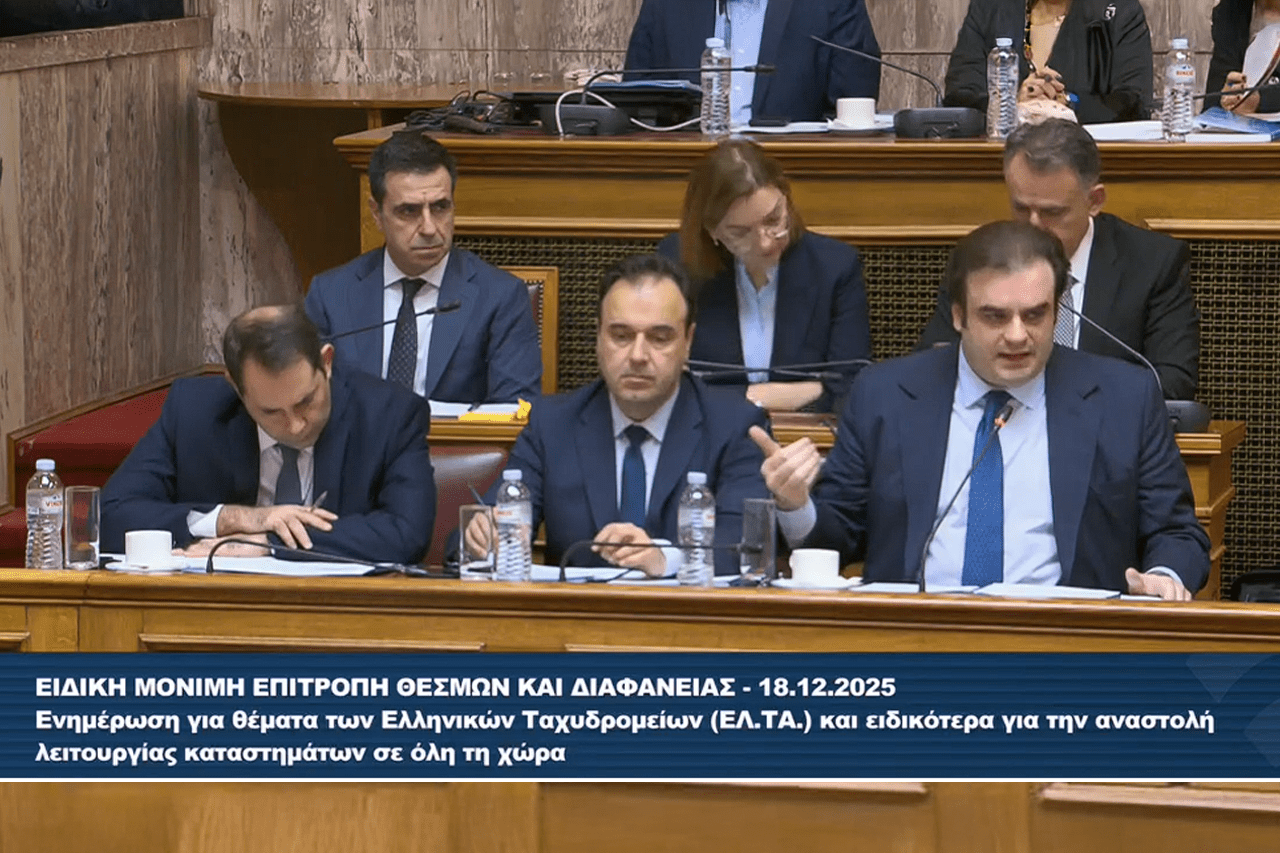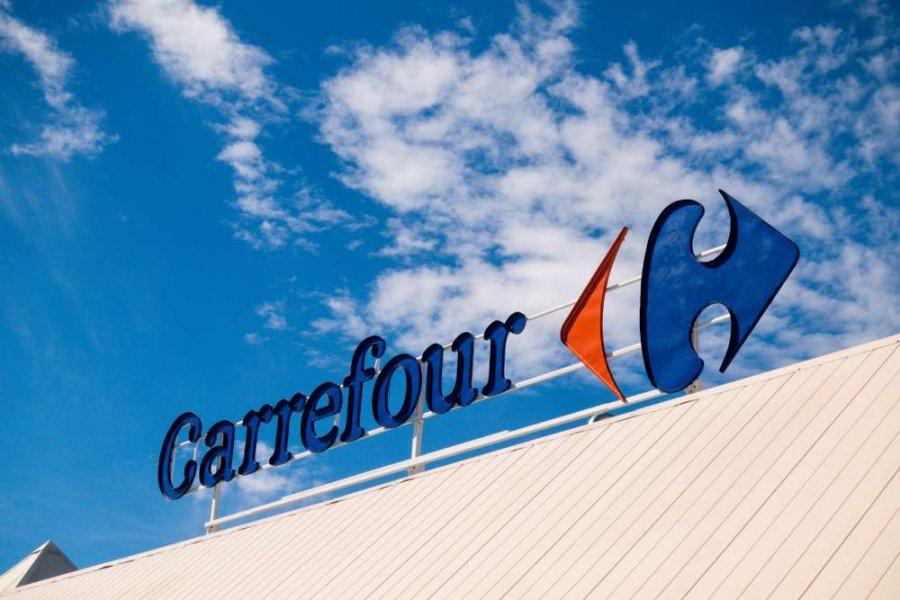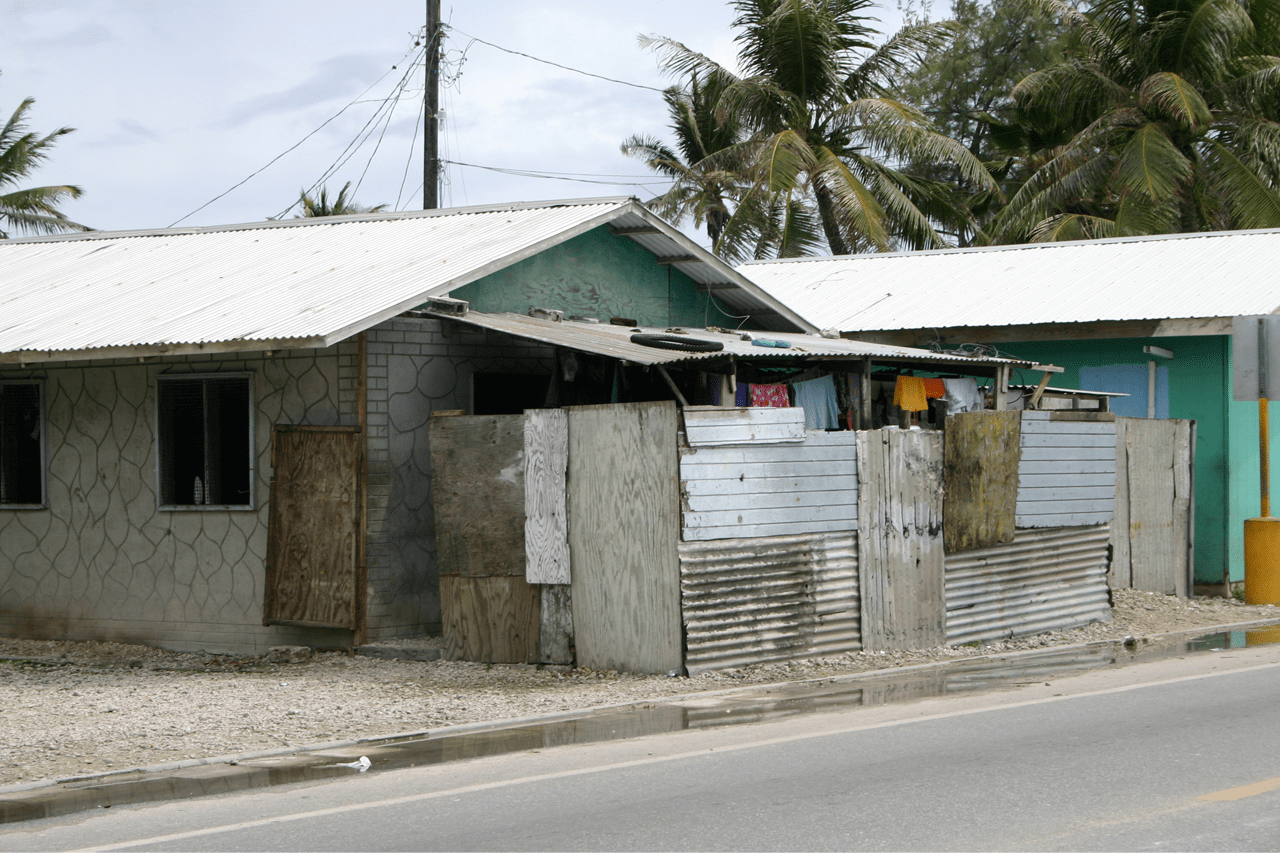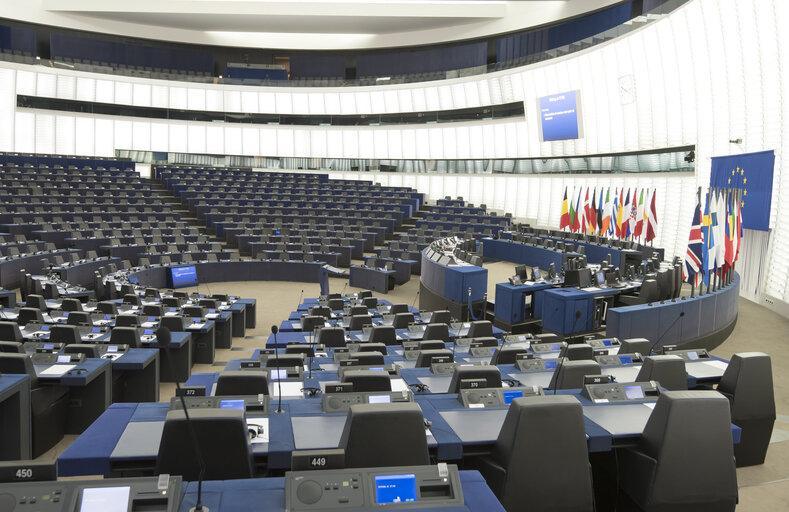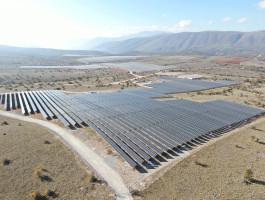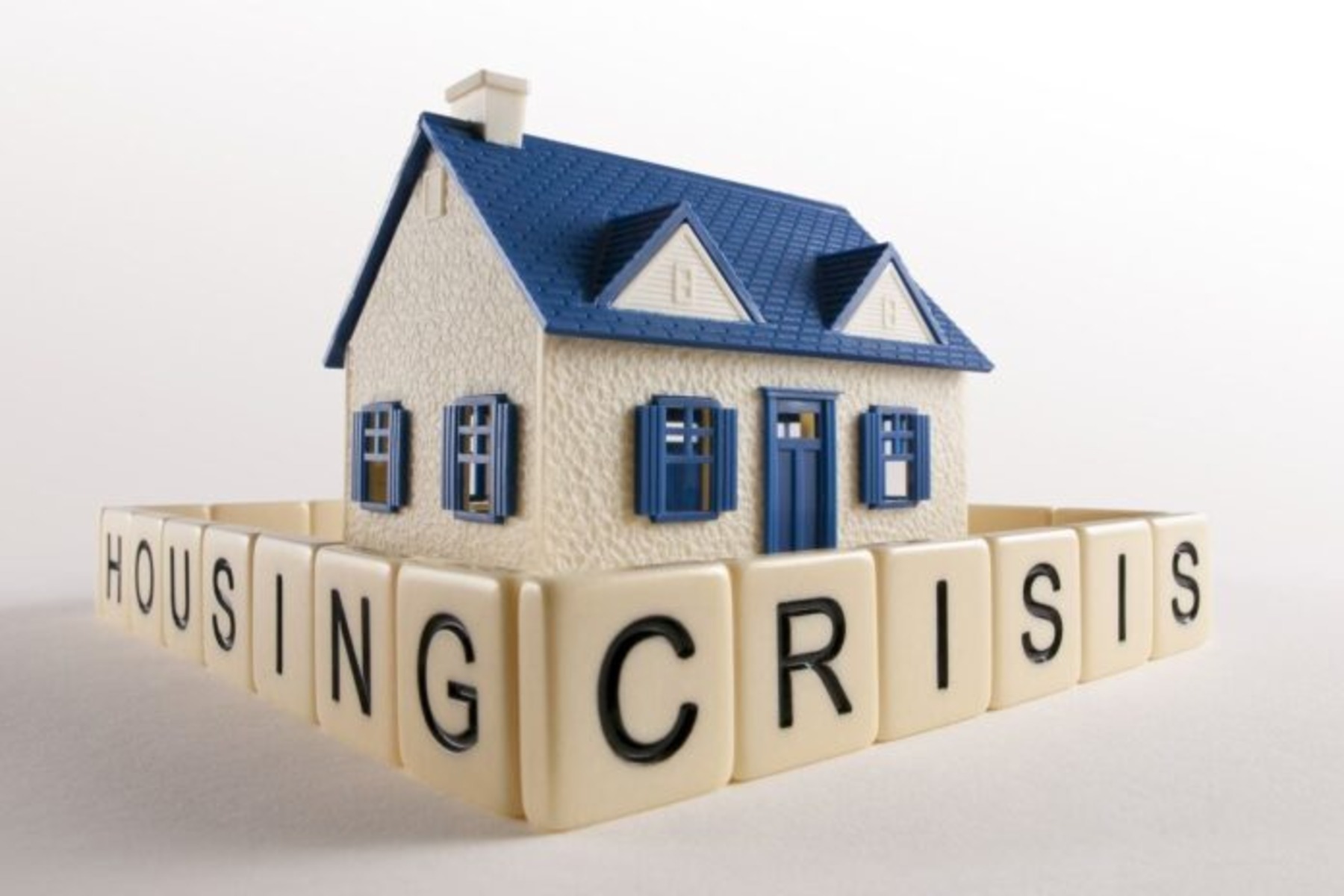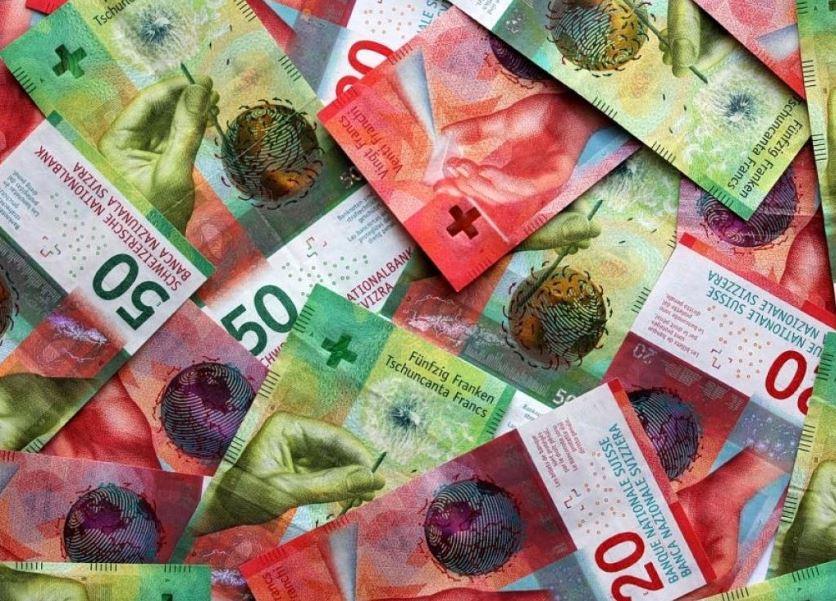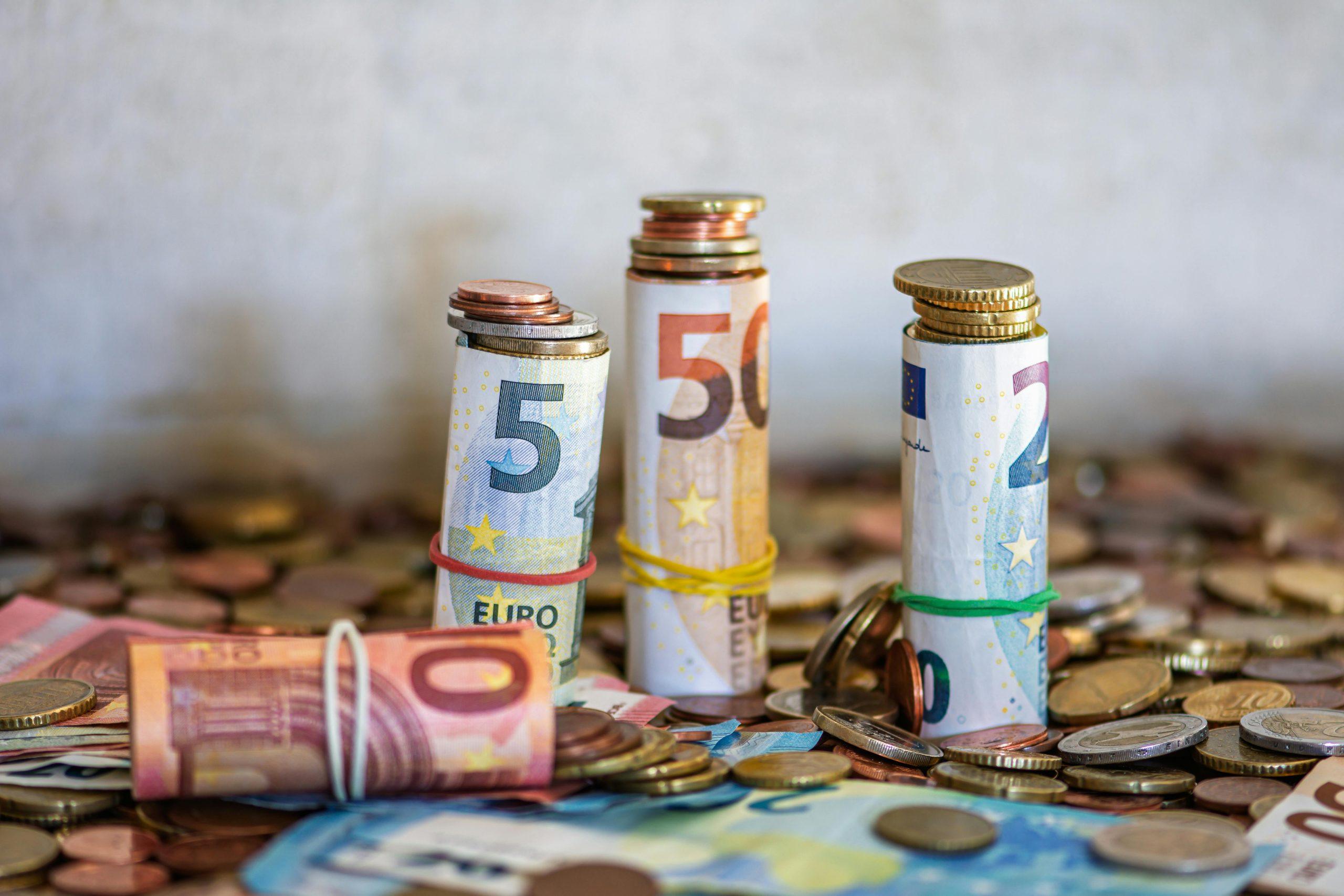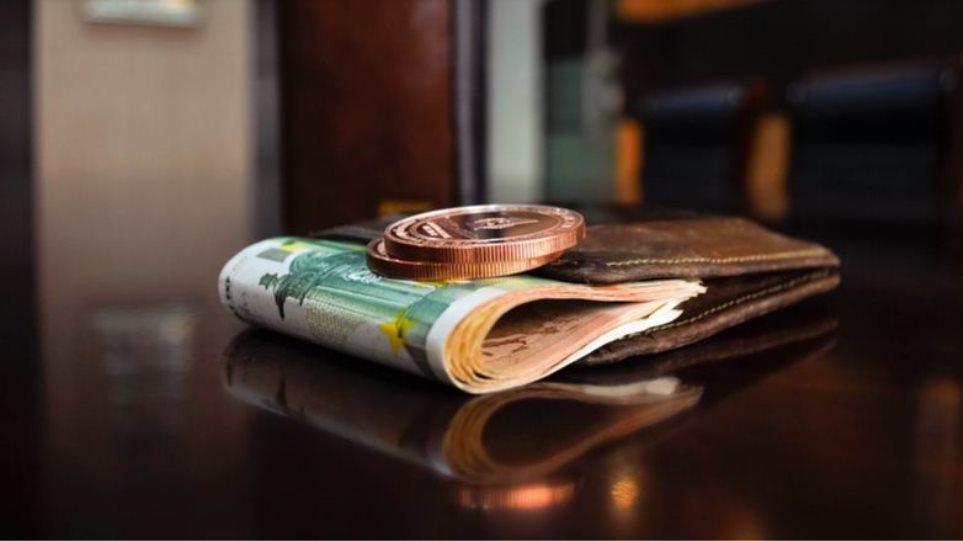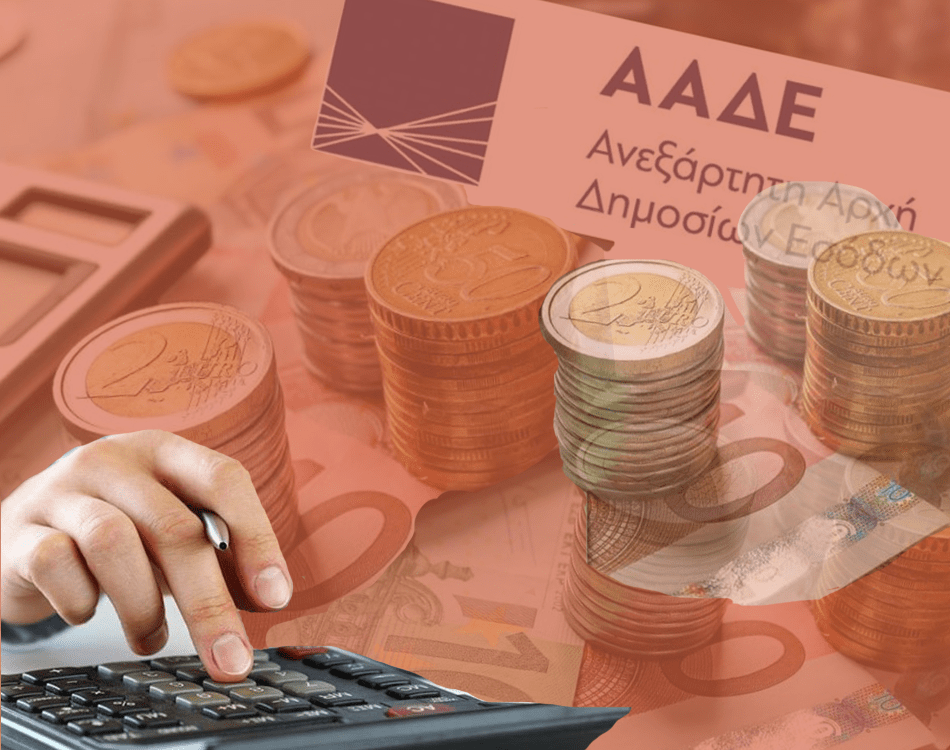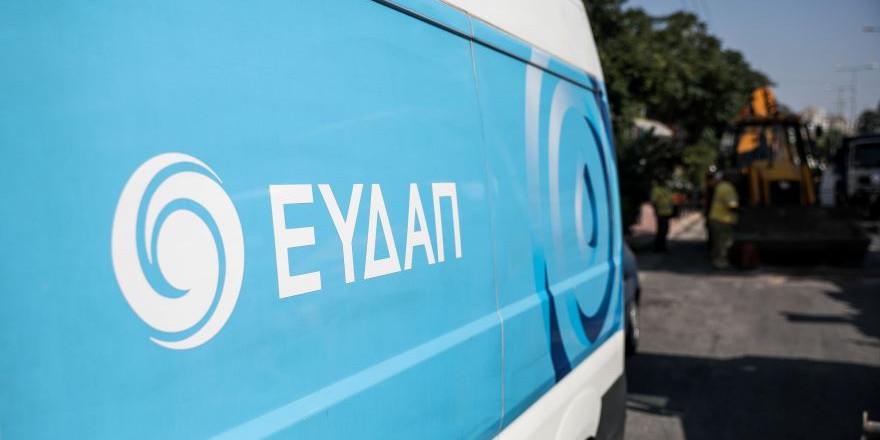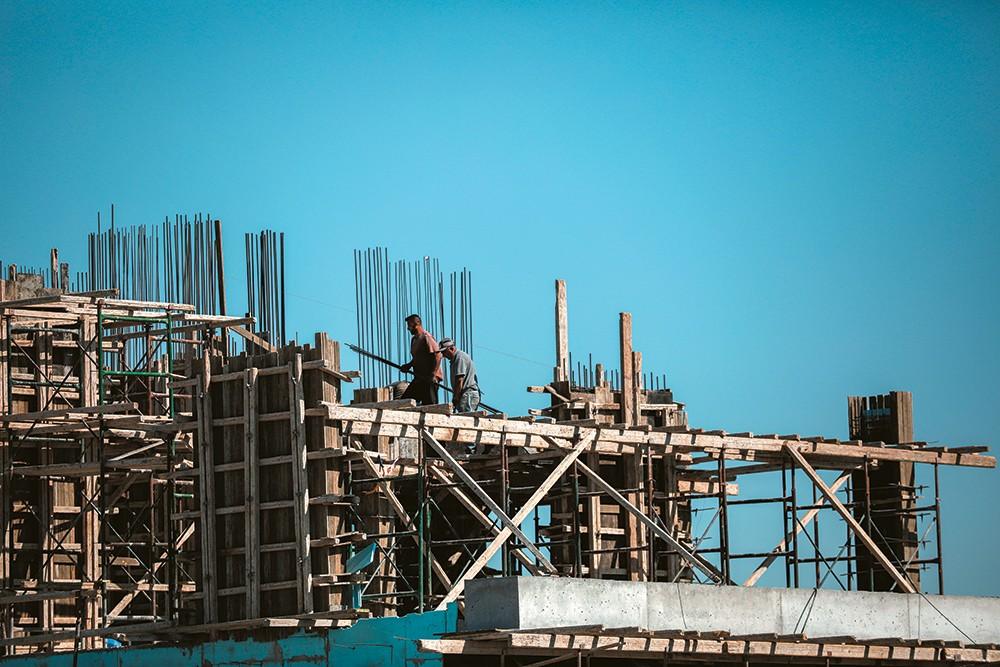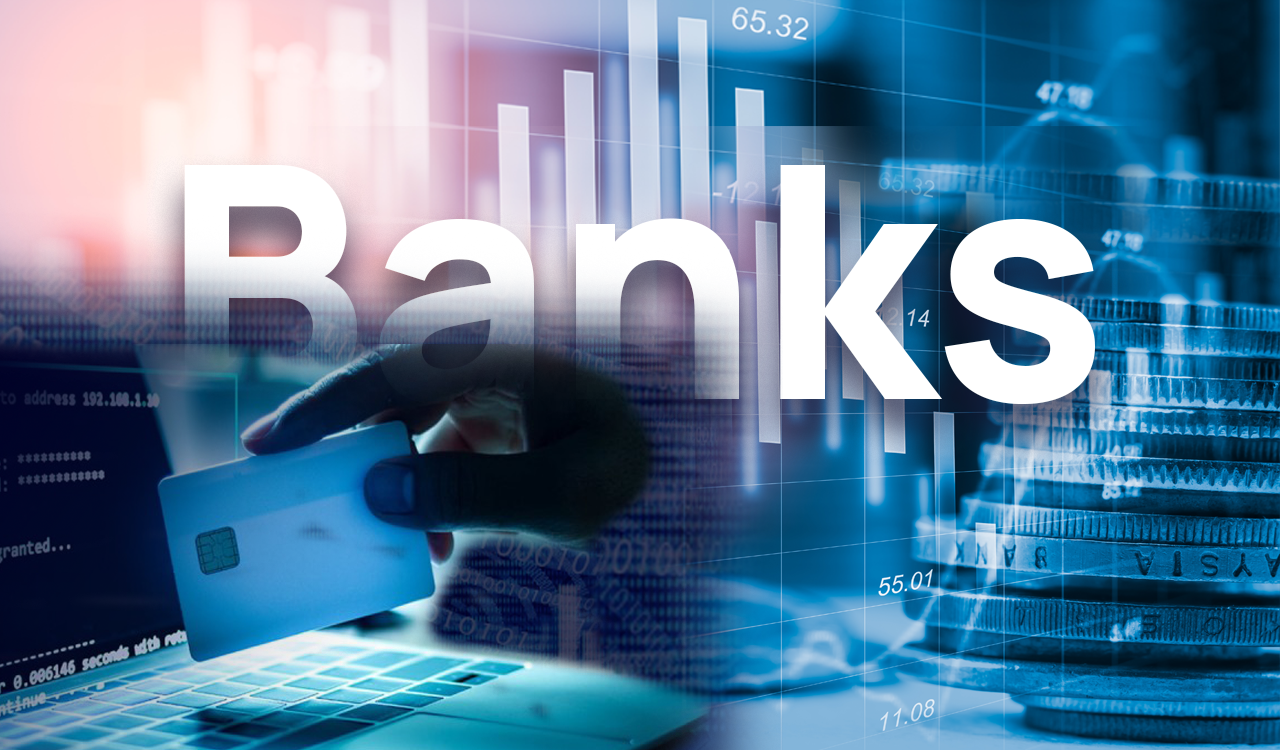The Governor of the Bank of Greece, Giannis Stournaras, called on the banks to be constantly vigilant and take more intensive action to further reduce red loans, strengthen the capital base and utilize the increased liquidity to provide loans to the real economy.
Speaking at the annual general meeting of the bank’s shareholders on Thursday at noon, he noted that in the current environment of changing financial conditions, Greek groups have to face significant challenges.
According to the Governor, these are the following:
New non-performing exposures (NPLs) that may arise after the withdrawal of government support measures for debtors, but also due to high inflation
The obligation to cover the Minimum Equity Requirement and Eligible Liabilities (MREL)
The need to absorb the effects of the International Financial Reporting Standard 9
The consequences of climate change
The adoption of new, digital technologies
“It is becoming clear that constant vigilance and more intensive action is required on the part of the banks in order to further reduce the NPLs, strengthen their capital base and utilize the increased liquidity,” the central banker said.
The 2021 report
According to the Governor’s 2021 Report released today, the key developments in the banking sector are:
Credit expansion
In 2021, the increase of bank financing to the private sector continued, with the help of the facilitative monetary policy and the support from the programs of the Hellenic Development Bank (EBA) and the European Investment Bank (EIB).
The twelve-month growth rate of bank financing, although slowing down, stood at 3.7% in December 2021, compared to 10% in December 2020.
The funds available to EBA and EIB were lower than in 2020, but their impact was very significant, as they supported 1/3 of loans to businesses (mainly small and medium-sized) and self-employed.
Deposits
The rise in personal bank deposits continued in 2021, with a cumulative increase of 16.2 billion euros, lower than in 2020 (20.6 billion euros), but much higher than before the pandemic.
Capital adequacy
The Common Shares Capital Index and the Banks Overall Capital Index fell due to losses from sales and securitization of non-performing loans (NPLs).
“Given the relatively low quality of banks’ funds, as most of the total regulatory equity concerns deferred tax assets (64%), qualitative and quantitative strengthening of the capital base and improvement of organic profitability is required,” the Bank of Greece notes.
It is positive, however, that banks have begun efforts to strengthen their capital base through share capital increases and the issuance of bonds.
Finally, the BoG notes that there is a strengthening of the interconnection of the banking system with the State, as the risk exposure, ie the total exposures to the central government, amounted to 22.5% at the end of 2021 as a percentage of their total assets. banks and 38.7% of GDP.
Non-performing loans
The stock of non-performing loans declined further in 2021, mainly through sales of loans amounting to 27.5 billion euros with the utilization of the state guarantee program in loan securitizations, known as “Hercules”.
NPLs at the end of December 2021 amounted to 18.4 billion euros, down by 28.8 billion euros compared to the end of December 2020.
This development has led to an improvement in the quality of banks’ assets, reducing risk costs and increasing profit margins.
However, the stock of NPLs as a percentage of total loans (12.8%) remains much higher than the EU average (2.1%).
About 39% of all NPLs are regulated. However, a high percentage of loans in regulated status was again delayed.
It is estimated that, due to the pandemic but also the high inflation, an additional percentage of regulated loans may be recorded as MES in 2022.
As the reduction of NPLs was achieved mainly through securitization and transfer to investment funds, the amount of NPLs continues to burden the real economy and put a large number of debtors out of bank financing.
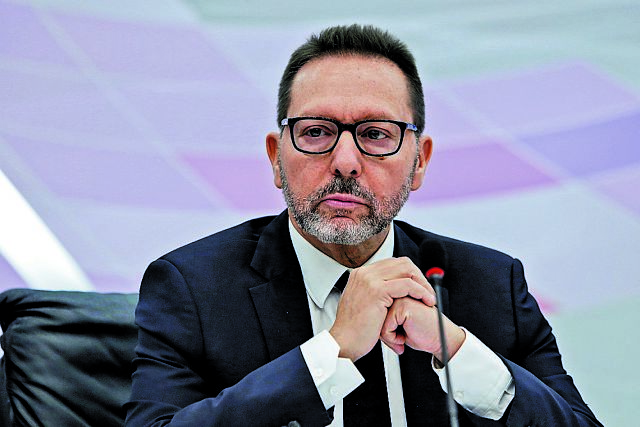


![Φυσικές καταστροφές: Μειώθηκαν οι ζημιές στη διάρκεια του 2025 [γράφημα]](https://www.ot.gr/wp-content/uploads/2025/11/INDONESIA-S-RESCUE.jpg)






